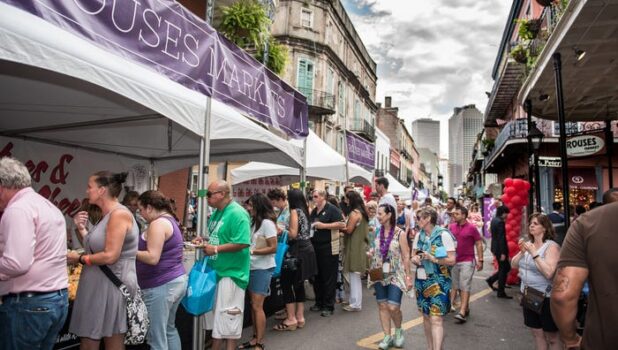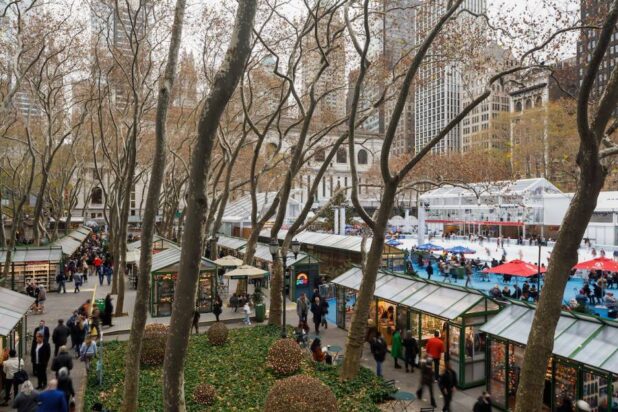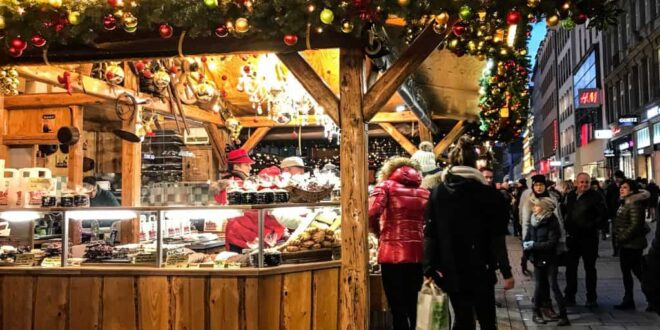Retail stores can significantly boost their profits by stocking up on accessories that are popular during certain seasons or holidays.
Items like summer hats, sunglasses or fancy masks for costume parties sell very well for a few months out of the year. Purchasing these goods wholesale when they are cheap and abundant means stores set themselves up for strong seasonal sales.
Table of Contents
Capitalizing on Summer Trends

Summer trends tend to be very predictable year after year. For example, demand for swimwear, sandals, sunglasses and beach accessories surges between Memorial Day and Labor Day.
Most people spend far more time outdoors during the warm summer months, which creates more opportunities for retailers to meet their accessory needs.
Stores that proactively purchase extra wholesale sunglasses, and other summer goods right when they first appear on the market are able to get the lowest prices.
According to the good folk at Olympic Eyewear, this enables higher profit margins once those products start flying off the shelves.
Holiday Opportunities
Of course, certain holidays like Halloween and Christmas also drive a spike in sales of very specific types of accessories.
Halloween costumes only appeal to consumers once a year, but stores can certainly take advantage of the busy fall costume season. Stocking up on things like scary masks, witch hats and capes allows stores to fully capitalize on the brief time period when these items are in high demand.
Retailers who order too few Halloween accessories end up losing many sales to competitors with better inventory. The same logic applies to holiday accessories like fancy Christmas tree ornaments, decorative candles and elegant table runners that only appeal to customers for a few short winter weeks.
Purchasing surplus festive decor wholesale ensures adequate stock for peak holiday shopping season.
Order Early, Order Big

The overarching strategy for profiting from seasonal accessories comes down to ordering those products very early and ordering very large quantities to get the best prices.
Retailers are often hesitant about investing too heavily in goods for a seasonal business that may only sell for a limited window. However, data on seasonal sales patterns over the past decades makes the demand for these accessory categories highly reliable year after year.
Customers reliably purchase warm weather items once summer approaches and festive goods as soon as holiday music starts playing in stores.
Retailers enjoy huge savings by purchasing seasonal accessories straight from wholesale distributors months before the peak season actually begins.
This enables stores to stock up on incredibly popular items before inventory runs low across the industry. Retailers who plan ahead reap sizable rewards from the temporary surge in accessory sales.
Managing Inventory Levels
Of course, stores must be cautious not to purchase too many extra seasonal accessories.
Careful analysis of sales data from prior years allows retailers to home in on the optimal order size to meet customer demand without overspending.
Stores also need to factor in shelf space, storage capacity and available staff hours when deciding exactly how many pallets of seasonal goods to purchase wholesale.
Setting aside some extra budget for deeply discounted clearance sales helps liquidate any overstock items that do not sell within the peak weeks.
Conclusion

Stocking up strategically on seasonal fashion accessories, holiday decorations and summer essentials well in advance of peak demand periods allows retailers to fully leverage these temporary sales spikes for increased profits.
Making the effort to order additional quantities of highly popular but time-sensitive categories proves well worth it for the short-term revenue boost it provides twice a year.
Stores that perfect this seasonal purchasing and inventory management strategy can ride these temporary accessory trends all the way to the bank.
 World Magazine 2024
World Magazine 2024






